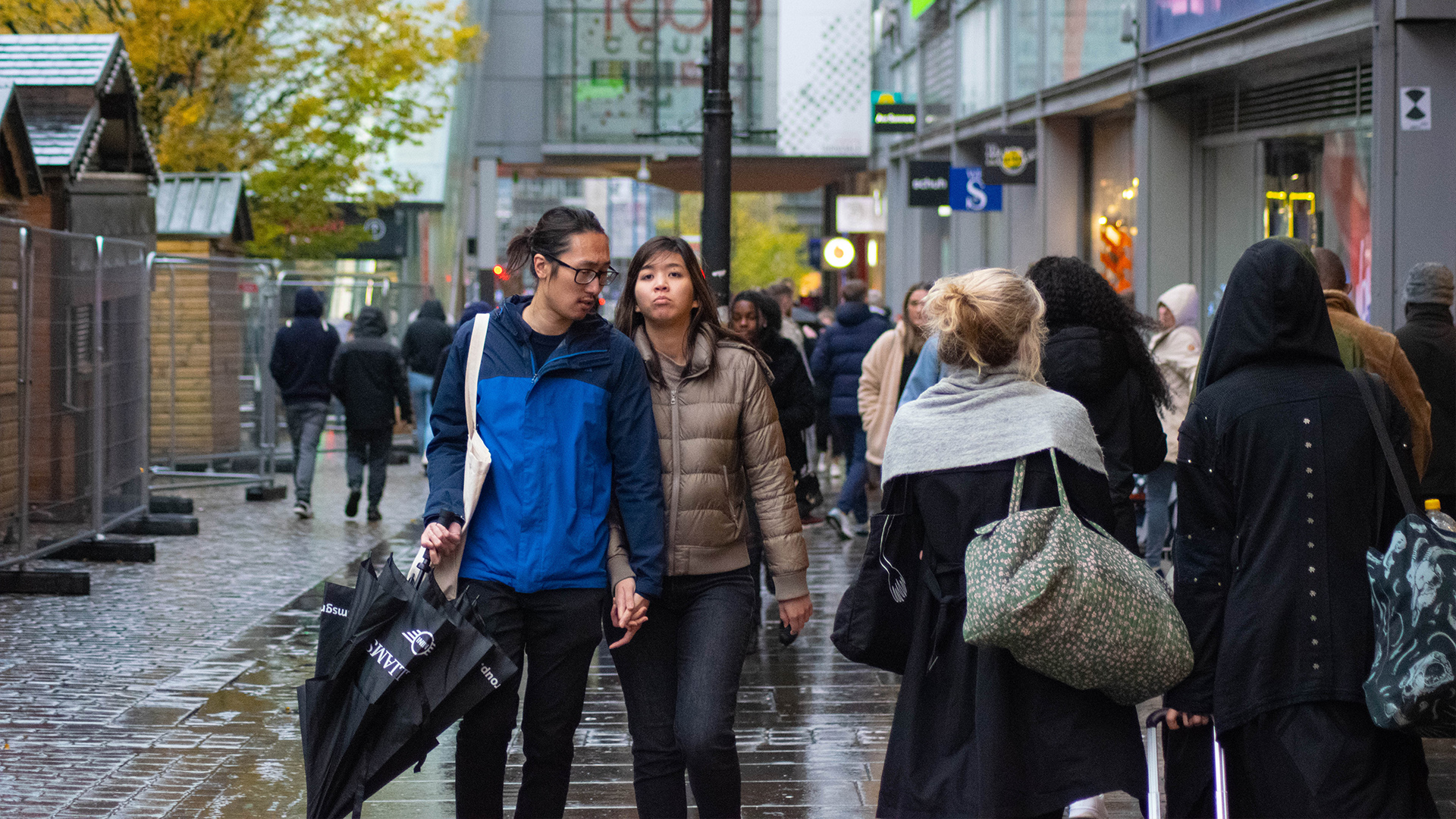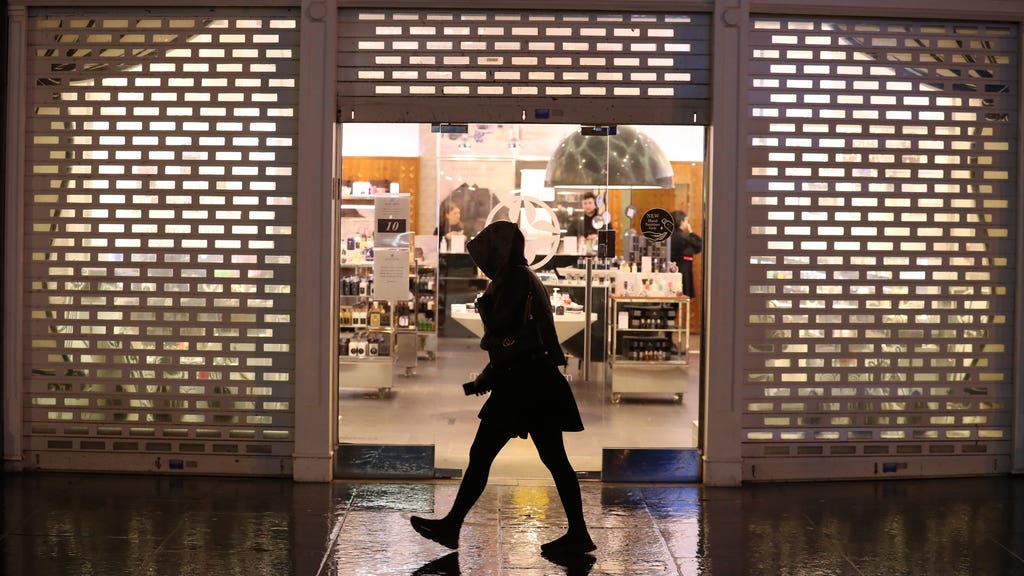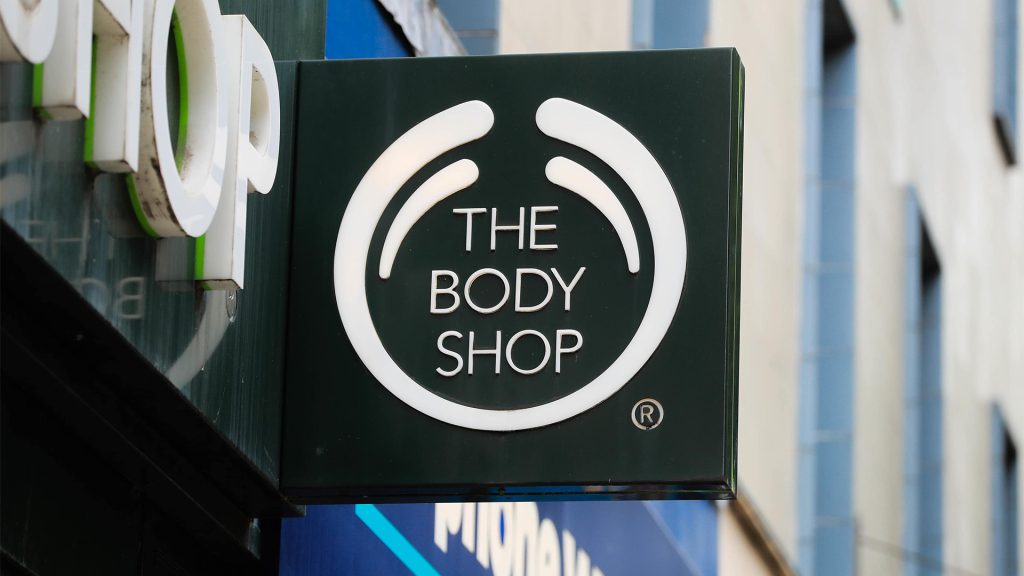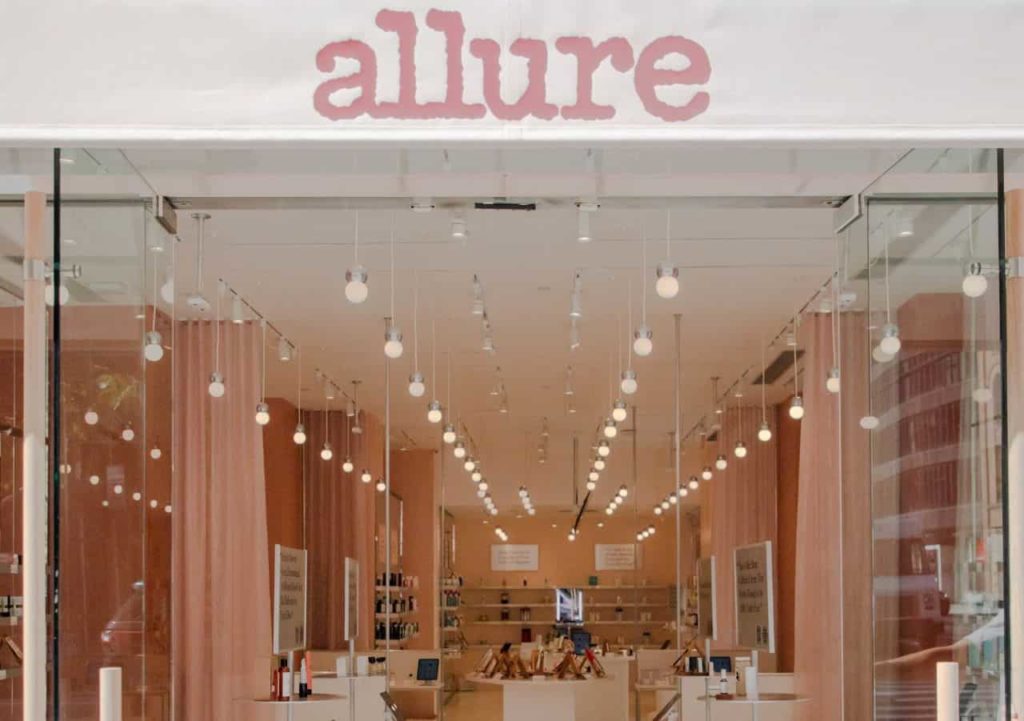Retail sales return to growth as shoppers start Christmas spending early
Consumers have started Christmas shopping early, as sales at clothes stores came close to reaching pre-pandemic levels but online sales fell to lows not seen since the start of the pandemic, according to new statistics.
The Office for National Statistics (ONS) said it helped push overall sales volumes up in October by 0.8% – ending a five-month run of falling volumes.
Officials said non-food stores were the only main retail sector to see a rise in sales volumes in the last month, with second-hand stores, toy stores, sports equipment stores and clothes stores all up.
Clothes stores saw sales volumes up 6.2%, with retailers suggesting early Christmas trading had boosted sales, with some customers keen to not miss out due to supply chain shortages hitting the industry. This meant clothes stores are now just 0.5% below pre-pandemic levels recorded in February 2020, the ONS added.
Online sales dropped significantly to account for 27.3% of overall sales in October. This meant the proportion of online sales was at its lowest level since March 2020 – although this remains well above the pre-pandemic level of 19.7% recorded in February 2020.
ONS Chief Economist Grant Fitzner said: “After five months of no growth, retail sales picked up in October. Although sales overall are above pre-pandemic levels, it remains a mixed picture.
“Clothing, department stores and toy shop sales reported a boost this month, with clothing stores reaching their highest level since the start of the pandemic, with some retailers suggesting that early Christmas shopping helped to bolster trade.
“Fuel sales fell sharply on the month, as they returned to more typical levels following September’s increase. Food and online sales also fell, although they remain above pre-pandemic levels.”
But Helen Dickinson, Chief Executive Officer of the British Retail Consortium, warned: “While retailers are putting in a gargantuan effort to ensure that essential food and gifts are ready for Christmas, they continue to be dogged by ongoing challenges and supply chain problems.
“Labour shortages throughout the supply chains – from farms to distribution – are pushing up costs and creating some gaps on the shelves.
“Nonetheless, retailers are prioritising Christmas essentials, and many have laid out their festive offerings a little earlier to ensure everyone has time to buy treats and decorations before the big day.”
Analysts’ response
Commenting on today’s ONS retail sales figures, Oliver Vernon-Harcourt, Head of Retail at Deloitte, said:
“The half-term break and popularity of staycations in October have kicked off 2021’s ‘Golden Quarter’, with retail sales values and volumes both rising month-on-month by 1.6% and 0.8%, respectively.
“Concerns around stock shortages have encouraged early preparations for the festive period, though purchases so far indicate a mixed bag of goods. Non-food sales were up month-on-month by 4.2%. With larger Christmas gatherings expected as consumers intend to make up for 2020’s lost celebrations, we could see non-food sales accelerate further in the coming weeks, as consumers look for toys, partywear, and other seasonal goods. Clothing alone saw an increase of 6.2% in volume compared to the previous month, edging closer to pre-pandemic levels.
“With 39% of consumers buying fewer new goods than they were pre-pandemic, it’s interesting to see consumers purchasing more second-hand items this month. Indicating a continuation of lockdown shopping habits, online sales remained high in October, accounting for 27.3% of all retail sales. Whilst above pre-pandemic levels, this marks a slowdown and the lowest proportion since March 2020.
“Consumers have fired the starting gun on Christmas but, with Black Friday deals looming, some will be holding off for promotions. Big ticket items are likely to be the focus, with some electrical retailers already teasing deals ahead of time.
“However, Black Friday discounting is unlikely to be as deep or extensive as in previous years as retailers delicately balance stock levels. Some retailers have already ruled themselves out from participating at all. With fewer deals around than shoppers have become accustomed to over the years, some may find themselves buying more items at full price.”
Karen Johnson, Head of Retail & Wholesale at Barclays Corporate Banking, commented:
“In October’s battle for share of the consumer wallet, it was James Bond, UK cinemas and hospitality and leisure businesses in general that emerged victorious. Retailers saw their share of non-essential spending fall, as consumers opted for experiences rather than goods.
“However, it wasn’t a case of “No Time to Buy” for UK shoppers – as spending on essential retail did hold firm. In fact, the key retail battlegrounds of Clothing, Food, General and Home have seen spending figures that are significantly higher than their pre-pandemic levels. This has been driven primarily by online spend, even as ‘bricks and mortar’ premises have fully reopened.
“Looking ahead, supply chains and product margins are likely to be top of the agenda for UK retailers as we enter the festive period – but consumers won’t care about that. They just want to see products on the shelves in time for the holidays, so retailers will already be on a mission to make that happen.”






